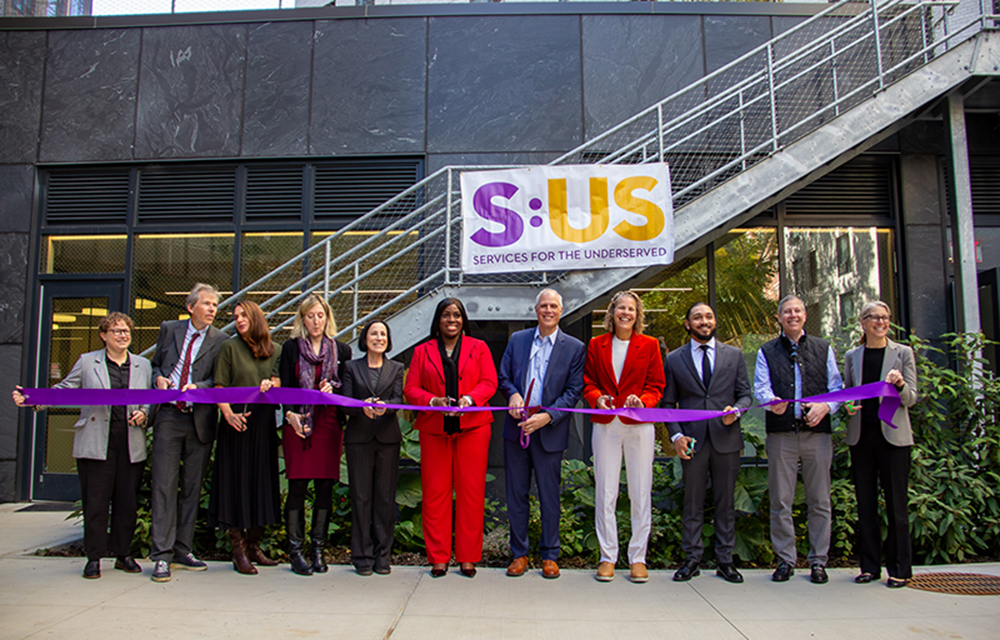News:
Construction Design & Engineering
Posted: August 12, 2013
Question and answer with Martinez of Grassi & Co.'s International Services Practice
As a result of more U.S.-based, specifically New York-based companies looking to expand their operations internationally, and more foreign-based companies looking to enter the New York market, The Grassi Advisor sat down with International Services Practice leader, Eric Martinez, to learn more about Grassi & Co.'s International Services Practice and how important it is for companies to engage advisors who have the capabilities and knowledge to assist in their geographical expansion efforts.
Advisor: What does being the leader of the International Services Practice at Grassi & Co. entail?
Martinez: Currently we have relationships and clients in various countries globally, including Canada, Italy, UK, India and Sweden however; we continually strive to promote our international capabilities; we need to get the word out that we have the resources to do international work. For example, a large portion of this role is establishing and developing relationships with Moore Stephens, our international affiliate. Moore Stephens International Limited is a global accountancy and advisory network. Today the network includes more than 625 offices in over 100 countries throughout the world. We have also partnered up with different law firms who practice internationally, allowing us to bring a suite of international services to our clients. Being the leader of the International Practice also entails working with Grassi's managing partner, Lou Grassi, setting the strategy of the International Services Practice and implementing the execution against that strategy to grow the firm's international business.
Additionally, as the International Services Practice leader, I focus a significant amount of time on driving our international services initiatives and monitoring relationships with international clients and other business contacts.
Advisor: Please tell us a little bit about Grassi & Co.'s International Services Practice.
Martinez: Our international practice consists of professionals who speak over 25 different languages and have significant experience providing attestation, tax and consulting services for foreign corporations doing business in the U.S. as well as U.S. entities doing business abroad. The services we provide include:
* Service financial audits
* SOX consulting
* S-1 registrations
* Foreign tax credit planning
* Section 367 regulations
* U.S. trade income concepts and income tax treaties
* Foreign withholding tax efficiencies
* Termination of U.S. trade or business status
* Tax planning and preparation for expatriates
* Non-resident aliens with U.S. sourced income
* Dual status residents
* M&A due diligence
* Transfer pricing
* Valuations
Advisor: Are there certain industries where you see international services becoming more and more popular?
Martinez: We are seeing a strong trend towards increased international activity among the manufacturing and distribution (M&D) industry, as well as the construction industry. From the M&D side, it is understandable why there is a need for international services because businesses that have inventory or are purchasing goods are reaching out to countries where labor and overhead rates are lower than in the U.S. A company we work with that incurs a significant amount of research and development (R&D) expenses each year, has recently decided to offshore their R&D department internationally to take advantage of a highly-educated workforce at a significantly lower cost.
Advisor: Do you see any emerging trends or hot topics happening in international services?
Martinez: One of the hot topics is International Financial Reporting Standards (IFRS). The IFRS is a set of international accounting standards stating how particular types of transactions and other events should be reported in financial statements. The goal of IFRS is to ultimately develop one standard of international reporting, thereby ensuring consistency and transparency among companies reporting under IFRS.
IFRS in the U.S. is not exactly off the table but the SEC is moving extremely slow on the conversion from the U.S. GAAP to the IFRS. Some believe the slower they move and the more they drag it out, the less likely any changes will occur in the near future. In the U.S., financial statements are generally released under U.S. GAAP or the applicable income tax basis, however; IFRS statements are typically prepared in the U.S. when there is foreign ownership driving the use of IFRS, but the percentage of financial statements in the U.S. released using IFRS is still significantly small.
Advisor: You're very active in the professional world outside your work with clients. Can you tell us some about the other ways you're involved in the international marketplace?
Martinez: As a firm, Grassi & Co. and the International Services Practice are actively involved with many international organizations such as: the Long Island Import/Export Association, British-American Chamber of Commerce, French-American Chamber of Commerce, Italian-American Chamber of Commerce and the European-American Chamber of Congress. We leverage these organizations in order to stay abreast of the major issues facing companies doing business in multiple jurisdictions.
On a personal note, I'm very active in professional organizations. I am a proud board member of the Suffolk Community College Foundation, as I am also proud to say that I am an alumni of Suffolk County Community College. I am also a proud board member of the St. Charles Hospital Foundation in Port Jefferson, and have a close connection to St. Charles through my mother, who worked as a registered nurse there for over 20 years. I'm a member of the American Institute of CPAs, the New York State Society of CPAs and the Institute of Internal Auditors. My interaction with all of these groups exposes me to professionals in a variety of industries and markets.
Advisor: Based on a recent Grassi & Co. poll, we've found that one of the top trends driving the resurgence of American-based manufacturing is labor costs in developing countries. What do you think of this finding?
Martinez: I think this trend is consistent with one of the stated objectives of the Obama Administration as it pertains to encouraging M&D activity in the U.S. through programs like the "Investing in Manufacturing Communities" Partnership. As the economies of countries with significant manufacturing activity, like China, continue to grow, the result should be a relative increase in the foreign-based cost of labor, as these foreign workforces move into or up the middle class. With the combination of a relatively increasing cost of labor base in developing countries, and the U.S.' initiatives to encourage and provide incentives for domestic manufacturing, we should expect to see a relative increase in domestic manufacturing compared to foreign manufacturing.
Advisor: Can you tell us one rule you like to live by when conducting business?
Martinez: As I move on in my career, I'm amazed how often I reconnect with people I worked with early on in my career and how important it has been to me to treat everyone I come across with the respect and good nature that I would like to receive in return. This is especially important when doing business with professionals outside of the U.S. By maintaining respectful relationships and always striving for the highest levels of integrity, I think I've been able to distinguish myself and Grassi & Co. in the marketplace and develop a network of contacts to aid in the development and implementation of our International Services Practice strategy.
Eric Martinez, JD, CPA, is International Services Practice leader for Grassi & Co., Jericho, N.Y.
MORE FROM Construction Design & Engineering
NYC mayor and DOB release comprehensive façade inspection and safety study conducted by Thornton Tomasetti
Manhattan, NY New York City mayor Eric Adams and New York City Department of Buildings (DOB) commissioner Jimmy Oddo released the full recommendations from a comprehensive engineering study conducted by global engineering firm Thornton Tomasetti








.gif)
.jpg)

.gif)